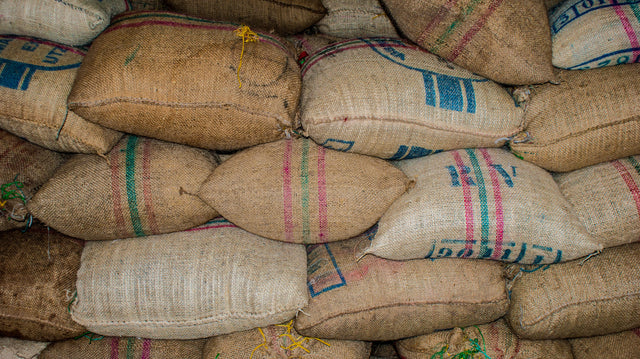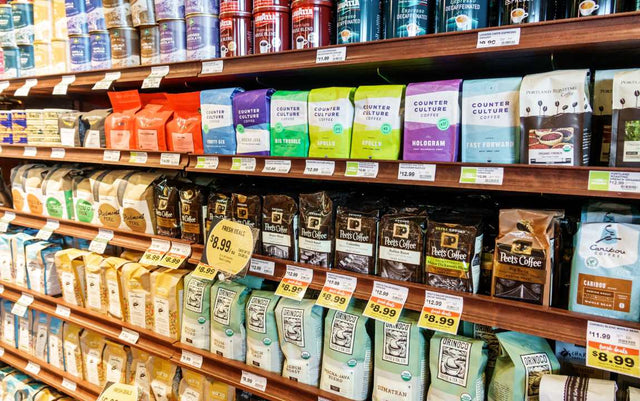The demand for instant coffee has skyrocketed in recent years, with Generation Z leading the charge. According to the latest data from market research firm Euromonitor International, the global instant coffee market is projected to grow by over $12 billion between 2023 and 2027, representing a compound annual growth rate of nearly 6%.
Analysts point to several key factors driving this trend. Firstly, the COVID-19 pandemic accelerated the shift towards convenient, on-the-go consumption habits among younger consumers. With fewer opportunities to visit cafes and coffee shops during lockdowns, Gen Z turned to instant coffee as a quick and easy caffeine fix.
But the rise of instant coffee is about more than just convenience - younger coffee drinkers are also demanding higher quality. "Gone are the days when instant coffee was seen as a poor substitute for freshly brewed," says James Hoffman, coffee expert and author. "Brands have stepped up their game, offering premium instant options that rival the taste and aroma of traditional ground coffee."
Companies like Starbucks, Nescafé, and Taster's Choice have all expanded their instant coffee lineups in recent years, seeking to cater to the evolving preferences of Gen Z and millennial consumers. Features like single-serve sachets, specialty roasts, and enhanced flavors have helped to elevate the instant coffee experience.
Sumato Coffee, a direct-to-consumer brand, has found particular success by positioning its instant coffee as a convenient yet high-quality alternative. "We're not just selling a quick caffeine boost," says Sumato founder Ben Martinez. "Our beans are roast-to-order and designed to be consumed within 14 days for maximum freshness."
As the "meal prep generation" continues to prioritize efficiency in their daily routines, the demand for instant coffee is only expected to grow. Brands that can strike the right balance between convenience and quality will be well-positioned to capture a greater share of this lucrative and fast-moving market.
More stories

The Devastating Effects of a Weak Coffee Harvest

